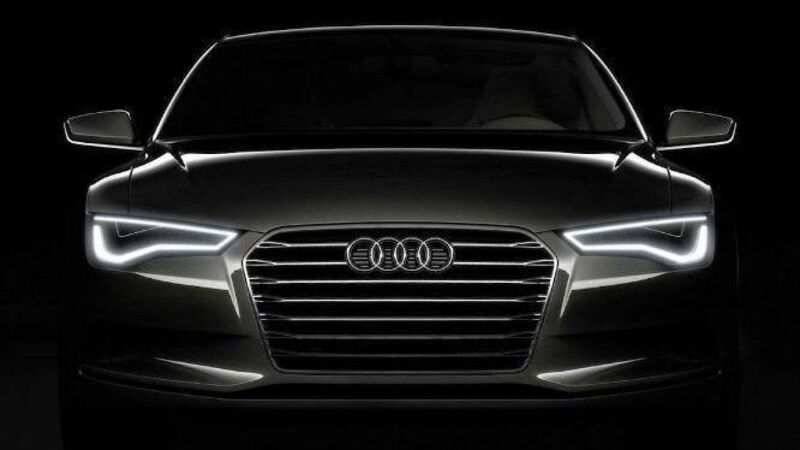Hydrogen, not electric, the new fuel focus for car-making giants

Audi and BMW are readying hydrogen-fuelled cars as an alternative to electric vehicles.
Battery power may be the frontrunner to become the car technology of the future, but don't rule out the underdog hydrogen.
That's the view of some major car makers, including BMW and Audi, which are developing hydrogen fuel-cell passenger vehicle prototypes alongside their fleets of battery cars as part of preparations to abandon fossil fuels.
They are hedging their bets, calculating that a change in political winds could shift the balance towards hydrogen in an industry shaped by early-mover Tesla's decision to take the battery-powered road to clean cars.
Global auto hub Germany is in sharp focus. It is already betting billions on hydrogen fuel in sectors like steel and chemicals to meet climate targets, and closely-fought elections this month could see the Greens enter the coalition government and further push the technology.
CLIMATE & SUSTAINABILITY HUB
The company also has one eye on shifting hydrogen policies in Europe and in China, the world's largest car market.
The Munich-based premium player has developed a hydrogen prototype car based on its X5 SUV, in a project already partly funded by the German government.
Jürgen Guldner, the BMW vice president who heads up the hydrogen fuel-cell car programme, said the car maker would build a test fleet of close to 100 cars in 2022.
"Whether this [technology] is driven by politics or demand, we will be ready with a product," he said, adding that his team is already working to develop the next generation vehicles.
VW's premium Audi brand said it had assembled a team of more than 100 mechanics and engineers who were researching hydrogen fuel cells on behalf of the whole Volkswagen group, and had built a few prototype cars.
Yet fuel cell technology — where hydrogen passes through a catalyst, producing electricity — is for now too costly for mass-market consumer cars.
The fact that hydrogen is so far behind in the race to the affordable market also means even some champions of the technology, like Germany's Greens, favour prioritising battery-powered passenger cars because they see them as the fastest way to reach their main goal of decarbonising transport.
The Greens do, however, back the use of hydrogen fuel for ships and planes and want to invest heavily in "green" hydrogen produced solely from renewable sources.













